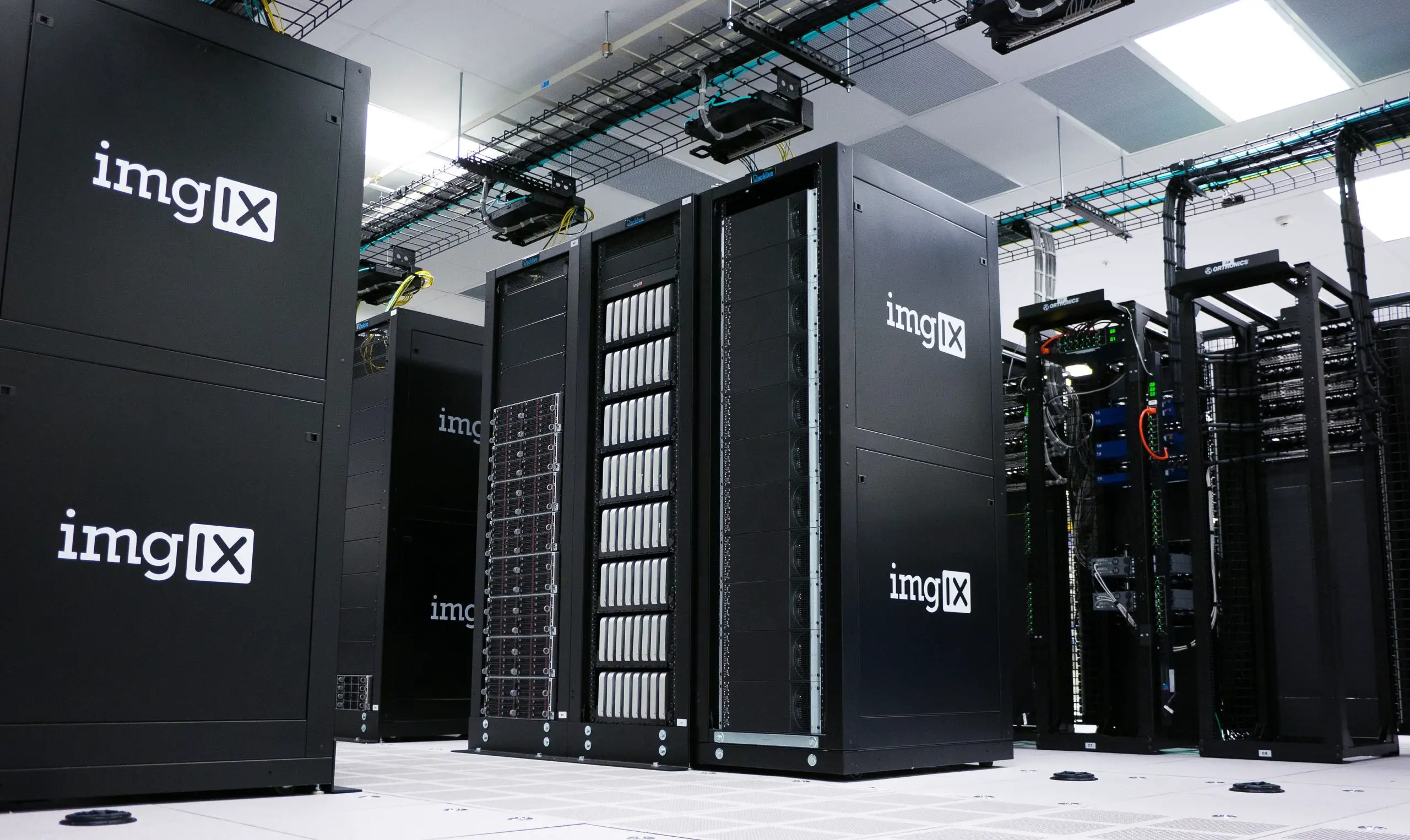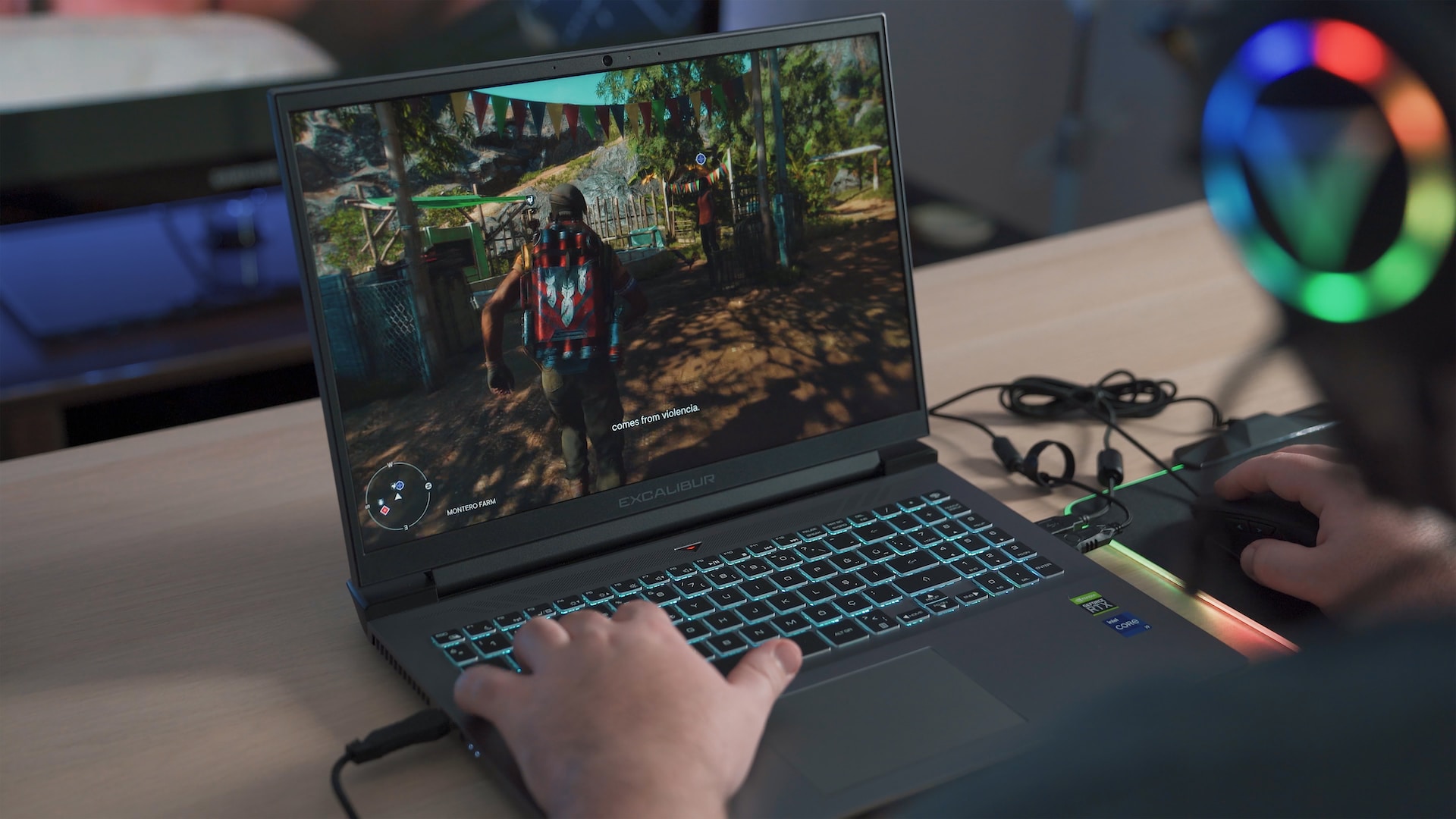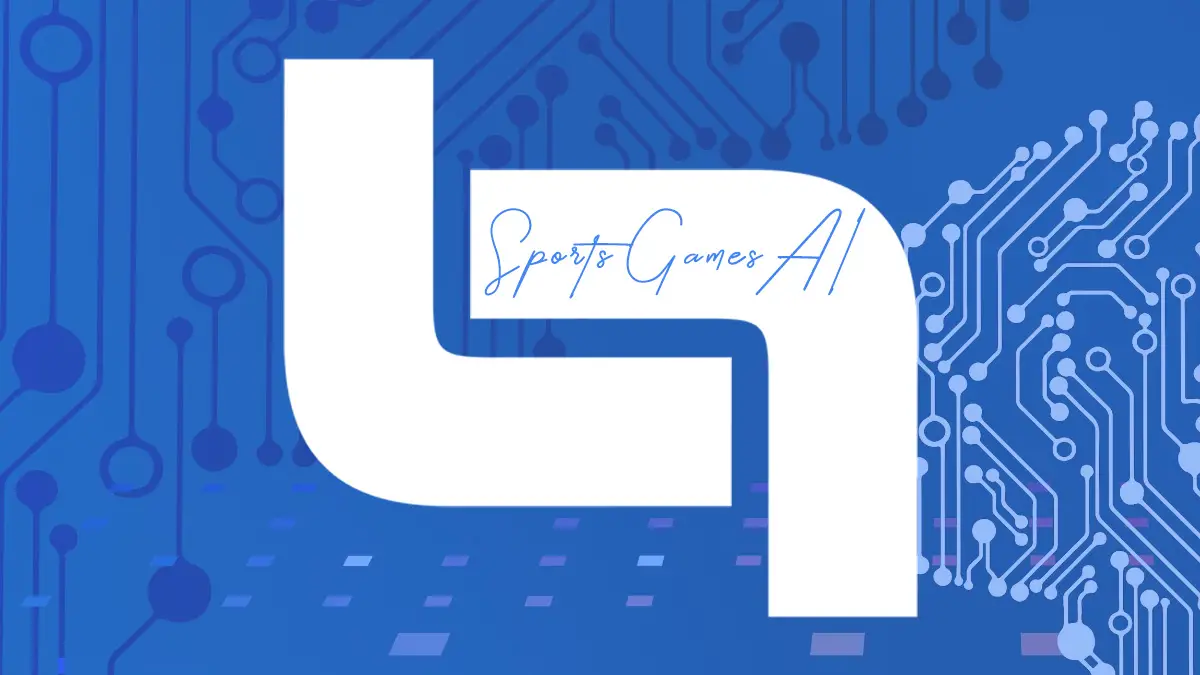Virtual sports games are like digital versions of real sports, such as football and horse racing. In the beginning, these games were simple and not very realistic. They focused on copying the basic rules of sports rather than making it feel like you were really playing. But, as technology got better, virtual sports betting games got a lot more advanced. Now, they have super-realistic graphics, complicated game rules, and smart computer players that act like real athletes. This makes the games look and feel more like real sports, with unexpected things happening, just like in live sports events. The changes in virtual sports have made them more exciting and closer to the real thing.
The Basics of Artificial Intelligence
Artificial Intelligence, or AI, is like giving computers the ability to think and learn similar to how people do. AI has different parts, such as machine learning that helps computers get better on their own, natural language processing that lets machines understand and respond in human language, and neural networks that copy the way our brain works to process information. In making video games, AI is super important. Machine learning helps create games that change based on what players do, and natural language processing makes it possible to have realistic conversations with game characters. There’s also predictive modeling that guesses what players might do next to make the game even more exciting.

AI’s Role in Game Development
In the world of making virtual sports games, Artificial Intelligence (AI) is super important. AI helps create games that feel real by making the players in the game act like actual athletes. These smart algorithms study lots of data to copy real sports strategies, making the games not just look real but also feel real in terms of how the players act and how unpredictable the games can be. AI also makes the game physics better, so things like how a soccer ball moves through the air or how tired a digital athlete gets are more like real life. It’s like the AI adds a special touch that makes virtual sports games more than just digital copies – they become immersive and detailed simulations that can react and change, just like real sports do.
Enhancing User Experience with AI
Artificial Intelligence (AI) makes video games more interesting by adding elements that make each game different and challenging. AI uses special algorithms to create various outcomes based on lots of factors, so every game feels unique. This keeps players interested because they can’t predict what will happen. AI also helps make the game look and sound more real. It creates lifelike graphics and animations, making the characters and places in the game seem more like the real thing. The sounds in the game are also improved by AI, adjusting based on what’s happening in the game to make it sound more like a real sports event.
AI in Game Strategy and Decision Making
Artificial Intelligence (AI) changes the way we play virtual sports games by making the opponents in the game really smart. These AI algorithms can study how a player plays and change how the virtual opponents act during the game. This makes the game more challenging and interesting because players have to face opponents who can learn and get better, not just follow a set pattern. The AI’s decision-making is complex, involving thinking about lots of different scenarios to figure out the best move in real time. This makes the game feel like real sports, with lots of strategies and surprises, making each game a unique and exciting experience.

Data Analysis and Performance Improvement
In virtual sports games, AI is really good at studying how players behave and what they like to do to make the game better for each person. It looks at things like how skilled someone is and what challenges they enjoy. Then, the AI uses this information to change the game, making it more challenging or giving personalized tips to help players improve their skills. The cool thing is that AI can also create unique stories and situations in the game that match how a player likes to play and how they’re progressing. For example, if a player finds one part of the game tough, the AI might suggest practice sessions or easier opponents in that area. This personal touch makes players happy and keeps them interested in giving a sense of progress and achievement.
Future Trends in AI and Virtual Sports Gaming
The future of AI in virtual sports gaming has lots of exciting possibilities that could change how we play digital sports. One idea is using advanced neural networks to make game characters act even more like real people, adjusting to how players play and changes in the overall game strategy. Another idea is using AI to create super-realistic virtual worlds that can change based on things like weather, the crowd, and unexpected events. We might even have virtual coaches powered by AI that give personalized training and strategies based on how a player is doing. AI could also make games more interactive, letting players have realistic interactions with the characters and settings.
Ethical Considerations and AI in Gaming
Using smart computer programs, called AI, in video games brings up some important questions about what’s right and fair. One big worry is that AI might make the game unfair by giving some players too much of an advantage, especially in games where people compete against each other. It’s really important to make sure that AI is set up in a way that treats everyone fairly, no matter how much experience they have or how they like to play. Another concern is about keeping people’s information safe. AI often needs a lot of data to make games better, but it’s super important to be really careful with this information and make sure it doesn’t get used the wrong way or get into the wrong hands. Also, people should know how AI is being used in games, especially if it affects how the game plays or who wins.


